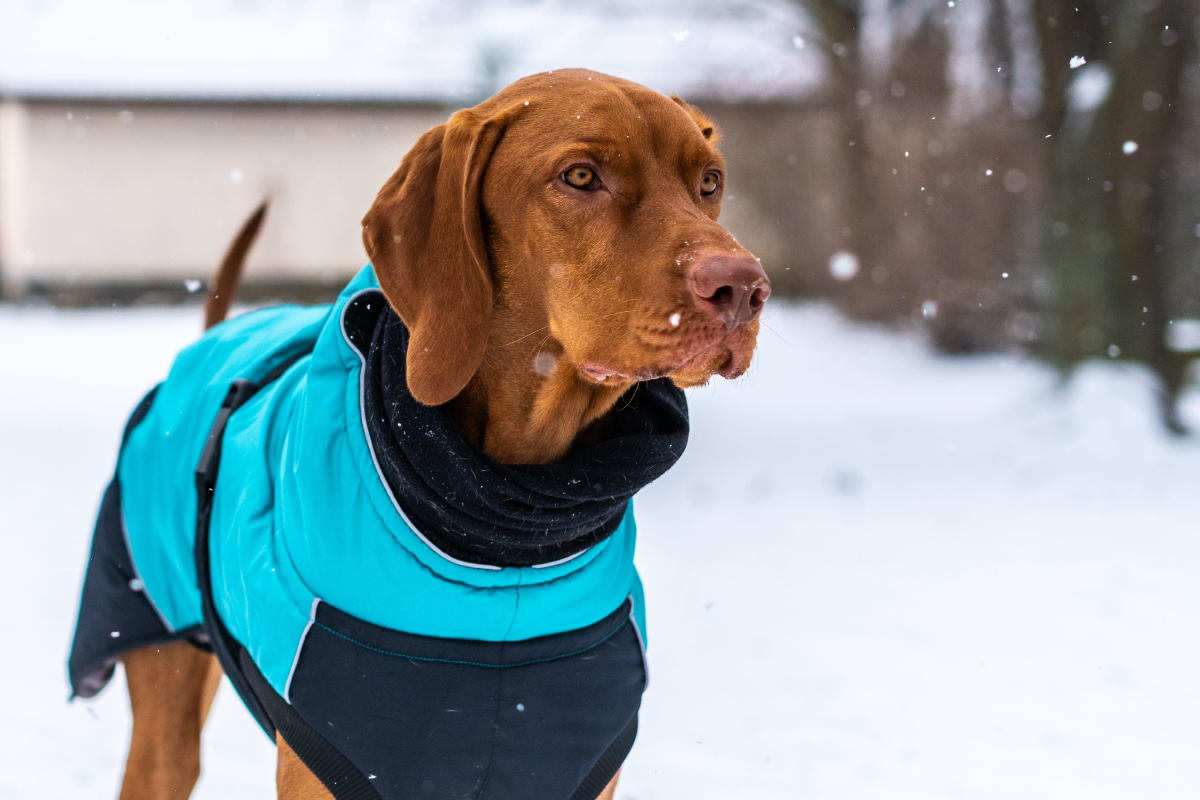Winter Tips Specifically for Dogs and Cats
Winter Tips Specifically for Dogs
- Dress for the Weather
- Dog Coats: Short-haired, small, or elderly dogs may benefit from wearing a coat or sweater to retain body heat during walks.
- Booties: Dog booties can protect against cold, ice, and salt, and provide better traction on slippery surfaces.
- Safe Winter Walks
-
- Leash Up: Snow and ice can obscure scents, making it easier for dogs to get lost. Always use a leash and ensure your dog’s ID tags are up to date.
- Avoid Frozen Water: Steer clear of frozen ponds or lakes, as ice can be thin and dangerous for dogs.
- Adjust Walking Routine
-
- Shorten Walks: On extremely cold days, opt for shorter walks to minimize exposure to the cold.
- Exercise Indoors: Consider indoor activities like fetch in a hallway, or a dog-friendly indoor play area to keep your dog active.
Winter Tips Specifically for Cats
- Keep Cats Indoors
- Indoor Cats: The safest place for a cat during winter is indoors. Cats left outside can suffer from hypothermia or frostbite.
- Outdoor Cats: If your cat goes outside, limit their time outdoors, provide a warm shelter, and ensure they can always come back inside.
- Check the Hood
-
- Tap the Hood: Cats may seek warmth under car hoods. Before starting your car, tap the hood to scare away any cats that might be hiding underneath.
- Litter Box Tips
-
- Indoor Litter Boxes: If your cat usually goes outside, provide an indoor litter box during the winter months to keep them safe and warm indoors.
- Winter Grooming
-
- Regular Brushing: Brushing your cat regularly helps distribute natural oils and keeps their fur in good condition, which is important for insulation during winter.
By following these tips, you can help ensure that your pets stay safe, warm, and healthy throughout the winter months.



